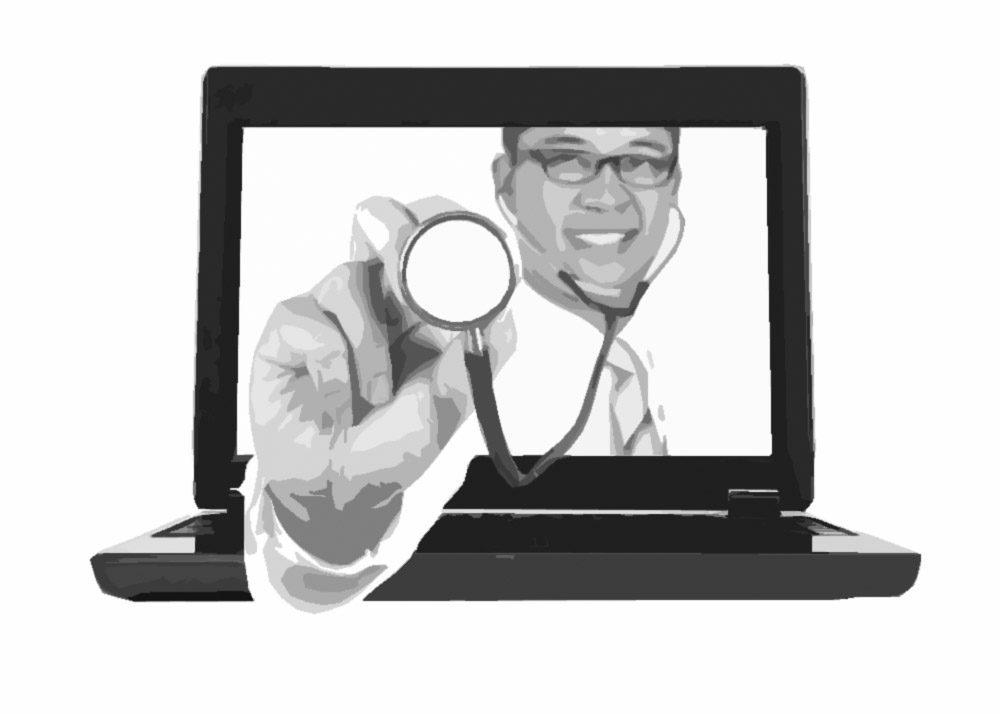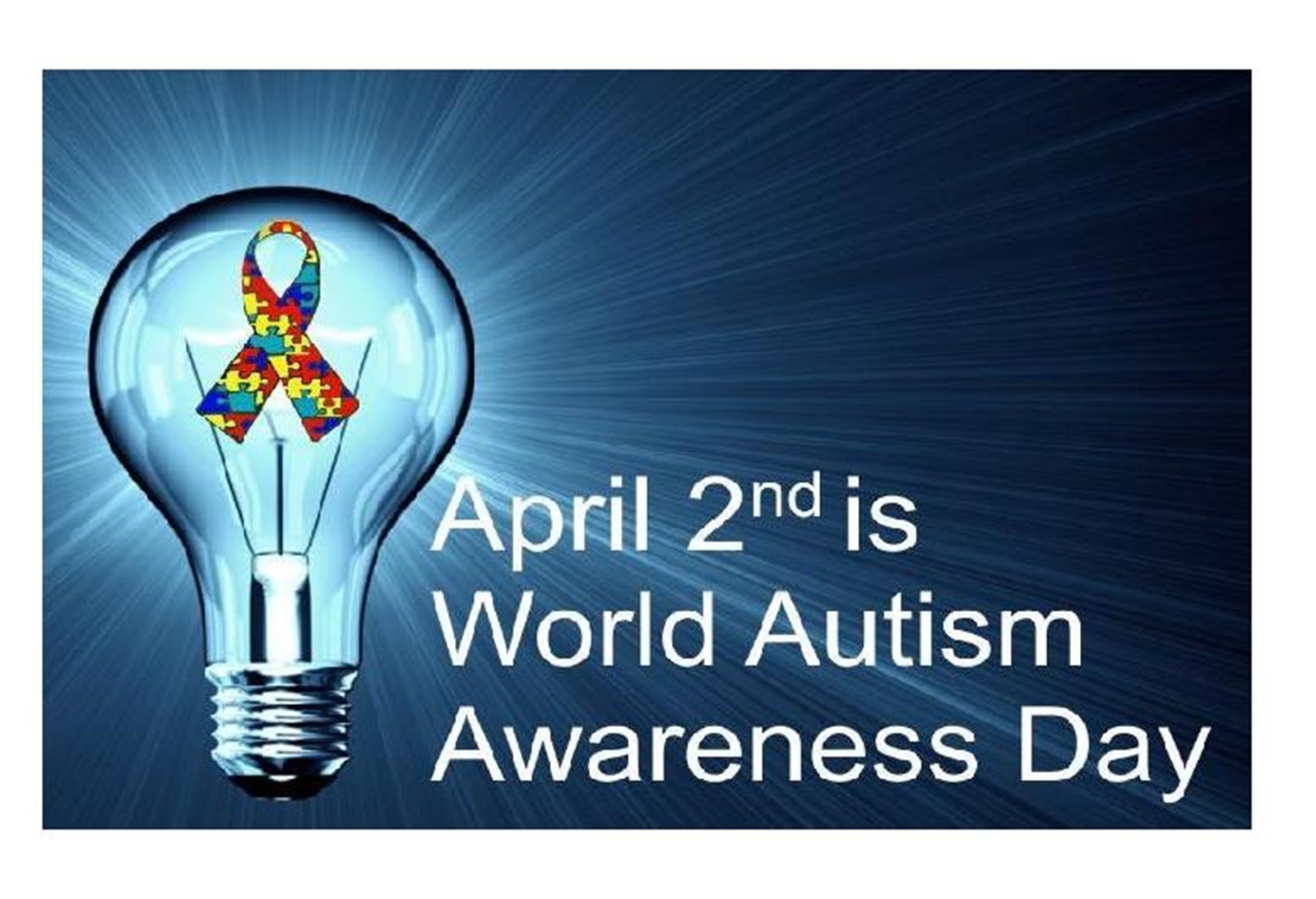
by medicaltechont | Apr 23, 2016 | Cloud, Security, Technology
With the “Cloud” getting ever more prevalent it is increasingly coming under more attack. It has become the option for Malware creators who want to create havoc. The question is “how safe is your data from online predators”? Will you become liable for a breach? Read this great article from Forbes magazine below.
How To Determine If You Can Trust Cloud Security
Will 2016 be the year security stops being a reason to avoid public clouds? Because, face it, by now established cloud vendors have likely invested more in security than you can hope to duplicate in-house. But when you’re used to pulling your own security levers, how do you let go of some of that control?
What we need is the cloud security version of a trust fall.
You may have taken part in this team-building exercise: You fall backward into the arms of a coworker while trusting that they’ll catch you before your khakis-clad behind hits the ground. It’s easier to take that plunge when your colleagues have given you reasons to trust them: They step up when you need a hand at work, they have built a solid reputation, they have your back when things go awry.
Read more at http://www.forbes.com/sites/oracle/2016/04/19/how-to-determine-if-you-can-trust-cloud-security/#11c297406c78

by medicaltechont | Apr 20, 2016 | Technology
High quality global journalism requires investment. Please share this article with others using the link below, do not cut & paste the article. See our Ts&Cs and Copyright Policy for more detail. Email ftsales.support@ft.com to buy additional rights.http://www.ft.com/cms/s/2/f643993e-e620-11e5-a09b-1f8b0d268c39.html#ixzz460vOQPAd
While working on developing sensors to measure stress, Rosalind Picard and a team at the Massachusetts Institute of Technology (MIT) made a startling discovery. They found that when monitoring skin for electrical changes activated deep in the brain, the signals proved effective at detecting potentially fatal seizures.
The findings open the door to wearable monitoring devices that, among other things, could reduce deaths among people with epilepsy. “Wearables are going to be much bigger than anyone imagined,” says Prof Picard, founder and director of the Affective Computing Research Group at the MIT Media Lab.
Read more at http://www.ft.com/cms/s/2/f643993e-e620-11e5-a09b-1f8b0d268c39.html#axzz460vLlcnp

by medicaltechont | Apr 17, 2016 | Technology
Smartphones can serve as the hub for new diagnostic and treatment technologies.
Read more at http://www.theguardian.com/healthcare-network/2016/apr/15/eight-technologies-change-healthcare-smartphones-genome-sequencing

by medicaltechont | Apr 16, 2016 | Healthcare, Technology
Long-term use of proton pump inhibitors – popular drugs commonly used to treated heartburn, acid reflux and ulcers – could lead to kidney damage and severe kidney disease.
 The researchers conclude long-term use of PPIs may cause harm to the kidneys and should be avoided.
The researchers conclude long-term use of PPIs may cause harm to the kidneys and should be avoided.This was the conclusion researchers came to after analyzing large collections of patient data held in the Department of Veterans Affairs (VA) national databases. They report their findings in theJournal of the American Society of Nephrology.
Read more at http://www.medicalnewstoday.com/articles/309122.php

by medicaltechont | Apr 9, 2016 | Healthcare, Technology
Patients based in a South Devon town who have communication and swallowing difficulties are benefitting from the use of two iPads with a variety of specialised apps.
The iPads were purchased by Seaton and District Hospital League of Friends. The first one is intended for inpatients at Seaton Community Hospital requiring communication support, with extra applications to enhance staff training.
The second iPad will be utilised in the local community for assessment, ongoing communication therapy and education.
Seaton Community Hospital has a number of admissions due to medical events that can affect communication, such as motor neurone disease, stroke, Parkinson’s Disease, multiple sclerosis and dementia.
Read more at http://www.hitcentral.eu/british-journal-healthcare-computing/community-patient-care-transformed-technology-support

by medicaltechont | Apr 2, 2016 | Autism, Technology, World
Harrison Czapalay, 22, has been a driving force behind marking World Autism Awareness Day in Wolfville
Harrison Czapalay is hoping people in Wolfville, N.S., light the sky up blue Saturday night.
Czapalay, 22, has autism and he’s encouraging residents and businesses to put blue lights outside their front doors for one night to mark World Autism Awareness Day.
“I really want to see Wolfville lighten up blue Saturday night. That would be awesome,” he said Thursday.
“All around the world there will be different structures lit up blue on the evening of April 2nd.”
Read more at http://www.cbc.ca/news/canada/nova-scotia/wolfville-lighting-it-up-blue-for-autism-awareness-1.3515795








